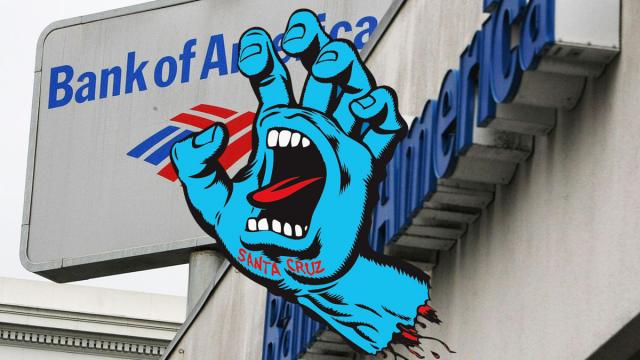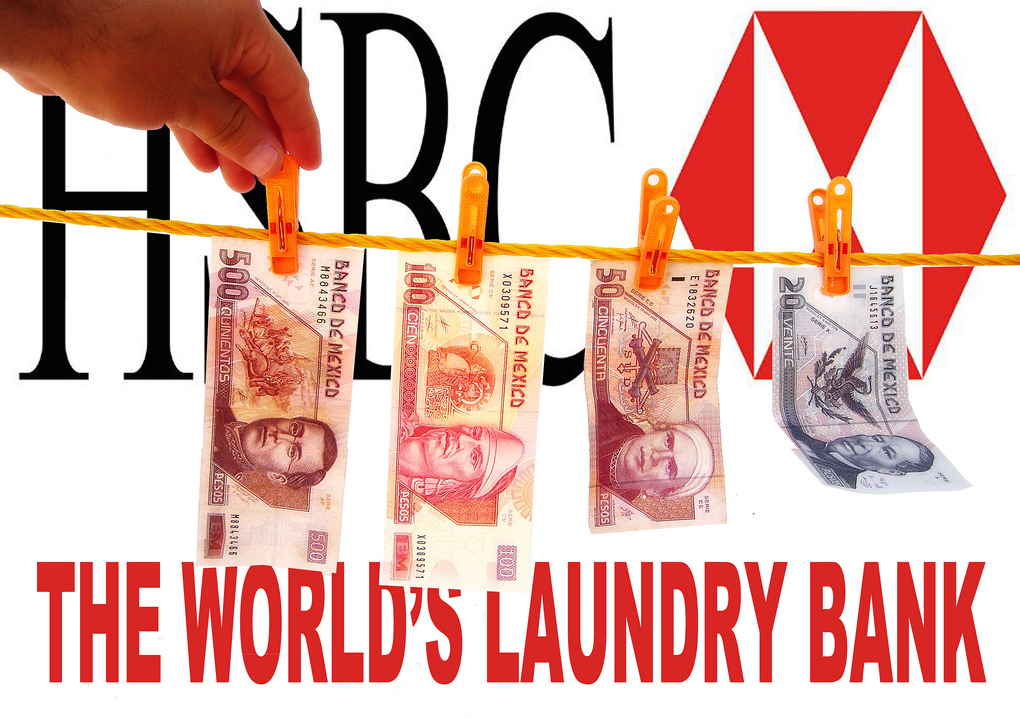
It’s hard being a big private bank these days. Ongoing awareness of the role that Goldman Sachs played in the Greek debt crisis; that Greek voters said no to Europe’s harsh austerity demands; recent revelations of unreasonably high fees and interest rates for lending to municipalities, and the role of big banks in the Baltimore crisis and Detroit bankruptcy all suggest that irresponsible finance ruins millions of lives.
And then there are the six banks that manipulated exchange rates between euros and dollars and manipulated LIBOR, which sets the “benchmark” for what banks charge one another.
In May, Citigroup, JPMorgan Chase, Barclays, Royal Bank of Scotland and UBS Group AG pled guilty to felonies. Swiss Bank had cooperated with authorities early on, and was ultimately not charged. The banks face collective fines of a little over $5 billion – paltry in relation to the money they handle and the money they manipulated. But while big banks continue to ruin communities and personal lives with light impunity, in some cases the people are fighting back.

Santa Cruz Stands Up
In California, Santa Cruz County Supervisor Ryan Coonerty has written books on capitalism and is a founder of Next Space Coworking, a company specializing in shared workspace. He’s no revolutionary, nor an enemy of the free market. He doesn't throw bricks. But when the U.S. Department of Justice announced on May 20 that most of the wrongdoer banks were pleading guilty to felonies, Coonerty prioritized local over global, and working people over corporate profits.
Spurred by a growing interest among many in Santa Cruz for economic reform, Coonerty requested that the board “not do new business for a period of five years with Citigroup, JP Morgan Chase, Barclays, Royal Bank of Scotland and UBS as specified, and further direct that the County unwind existing relationships with these five banks to the greatest extent feasible.”
According to commentator Ken Broder, Coonerty was specifically reacting to the way the banks had been found to have “messed with hundreds of billions of dollars a day in transactions for five years, right through the financial meltdown... The banks made untold billions using a private electronic chatroom to manipulate the spot market’s exchange rate between euros and dollars.”
From the beginning, the crux of the move was symbolic. “We currently don’t use these banks for our day to day banking and if that contract comes up in the next five years, these banks would be excluded from applying,” Coonerty told me recently. Although Santa Cruz has purchased “commercial paper” (short-term unsecured promissory notes) from some of the banks, “the County Treasurer under this new policy will no longer do so,” he explained.
Local sustainable economic activity is important to Coonerty, who said he’ll still scrutinize the banks even after the five-year ban ends. “I still have a preference to investing our funds locally,” he added.
“I sponsored a policy when I was the Mayor of Santa Cruz to have the City put its money in local financial institutions to spur the economy. However, if these banks have cleaned up their act and not committed more crimes, they can be considered for our investment pool again.”
Amanda Robinson, vice chair of the Santa Cruz County Democratic Party, was also instrumental in making the Supervisors’ decision happen. Once people started talking about it, she said, the community realized it was a no-brainer – and by passing the measure 5-0, Santa Cruz sent a clear message that the county is in control of its money.
“The Supervisors can make a strong point and show disapproval with our dollars,” she said. “We will no longer put up with unethical and illegal banking practices. I hope other cities and counties will follow our lead and remove their monies from banks that don’t benefit local communities.”
While Robinson is happy the decision has gotten national publicity, she believes the conversation shouldn’t end with the supervisors' action. Like Coonerty, she wants local investment.
“We are all aware of the benefits that investing with local banks can have for a community,” Robinson said, and “It would also be nice to see other ‘bad banks’ added to [the] list, i.e. Morgan Stanley, Wells Fargo and Bank of America.”
The Power of Local Politics
Why not envision that? Supervisors play a uniquely powerful role in local affairs, and now they might be a cornerstone for the coming pushback by municipal governments against big banks. Supervisors aren't bound by separation of powers concerns like those that characterize federal and state government. In California and elsewhere, “the Board of Supervisors is both the legislative and the executive authority of the county. It also has quasi-judicial authorities.”
Combine that with a strong mandate from citizens and you have a county ready to fight. “I’m very lucky to represent a community that very much believes in standing up for what is right,” Coonerty said, “even if it is against very powerful interests.” He has also read the reports about banks' unreasonably high service fees and interest rates that have sparked so much investigative interest of late – and says his eyes are now wide open. “I’ve just become aware of these efforts and am looking at what we can implement in Santa Cruz County,” he said.
In the meantime, banishing the banks is a small but important step. More important than the actual financial ripple caused by Santa Cruz's decision might be what it's able to show other municipalities considering similar action. Activists should learn about the power and structure of their counties' supervisory boards. They have all the power except judicial power.
The enthusiasm propelling Santa Cruz reflects a broader realization: that firm local actions are part of a larger, growing vision to retake public control in a world that increasingly seems wholly colonized by capital. Mark Karlin of Buzzflash/Truthout points out that in the long-term, "the current banking system needs to be completely restructured...[and] the creation of public banks across the U.S., based on the model in North Dakota, is a more desirable long-term goal – but for the moment, governmental entities severing their ties to Wall Street would be a salutary step.”
Amanda Robinson agrees. “We have to start somewhere,” she said.
Matt Stannard is Policy Director for Commonomics USA and is on the Board of the Public Banking Institute.
3 WAYS TO SHOW YOUR SUPPORT
- Log in to post comments














